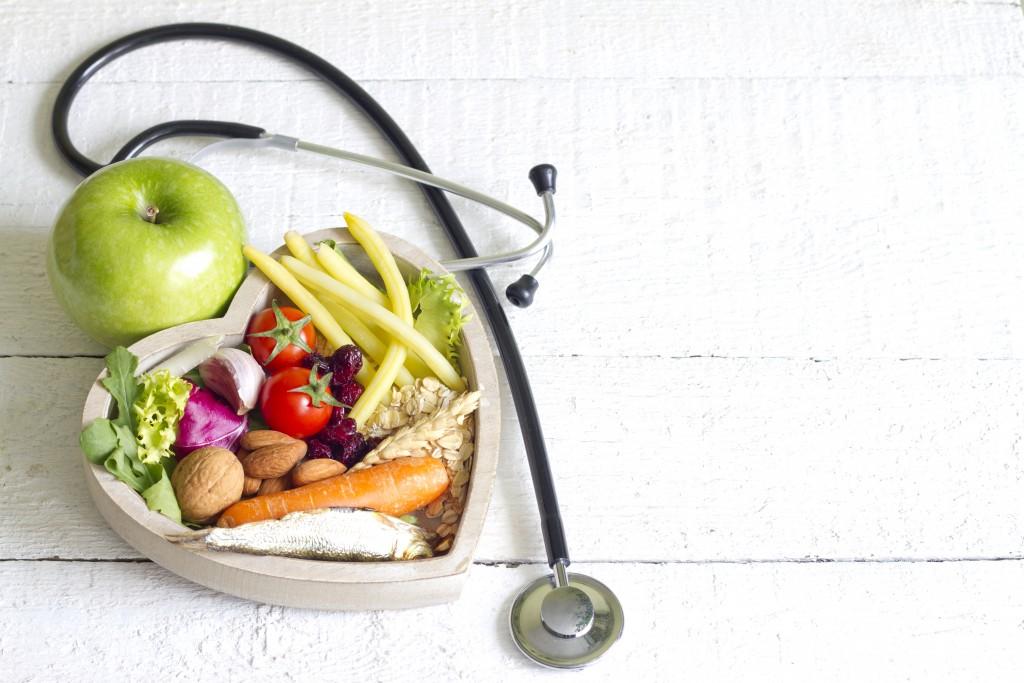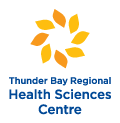Review: Heart & Stroke Position Statement on Saturated Fats

In September 2015 the Heart and Stroke Foundation published a position statement on saturated fats in light of recent studies finding no association between cardiovascular disease and saturated fats.
The science of nutrition is ever-evolving with new evidence emerging all the time. It is becoming increasingly clear that what has the most impact on health is the overall quality of one’s diet, combined with the types and quantity of food consumed. The updated recommendations do not include a threshold or limit for saturated fat and instead focus on a healthy balanced dietary pattern, which can help Canadians reduce consumption of saturated fat.
Past dietary recommendations to reduce overall fat intake have included recommendations to replace saturated fats with carbohydrates. In retrospect, this advice may have played a role in increased calorie consumption and contributed to increased rates of obesity and metabolic syndrome. Canadians dietary patterns have also changed over the past several decades with a substantially increased consumption of processed foods.
Current recommendations:
- Eat a healthy balanced diet.
- Consume a variety of natural/whole and minimally processed foods at every meal.
- Eat more vegetables and fruit. Fill your plate with vegetables and fruit at every meal. Buy fresh or frozen unsweetened fruit, or fruit canned in water without added/free sugars or artificial.non-caloric sweeteners. Buy fresh or frozen vegetables without added sauce or canned vegetables with no added salt.
- Choose whole grains.
- Include a variety of proteins from various sources. These protein sources can include beans, lentils, legumes, nuts, lower fat dairy or dairy alternatives (without added/free sugars or artificial/non-caloric sweeteners), lean meats, poultry and fish.
- Eat fewer highly processed foods which include highly refined foods, confectionaries, sugary drinks, processed meats, and snack foods.
- Plan healthy snacks. Include foods from at least 2 food groups with 1-2 servings of vegetables or fruit at every snack.
- Drink water to satisfy thirst. Avoid consumption of sugary drinks including soft drinks, sports drinks, fruit drinks, 100% fruit juices, and ready to drink sweetened coffees and teas.
- Learn what a recommended serving size looks like and choose healthy portions for meals and snacks.
- Prepare meals at home using natural/whole and minimally processed foods.
- Develop and share skills in food preparation and cooking.
- Buy foods in shops and markets that offer a variety of natural/whole and minimally processed foods. Avoids those that sell mainly highly processed products, especially when there is no nutrition information for making healthy food choices.
- Reduce the amount of sugar, salt and solid fats used during preparation of food and in recipes.
- If eating out, choose restaurants that serve freshly made dishes using natural/whole and minimally processed foods and that provide nutrition information to make a healthy choice.
- Promote and encourage adoption of food policies that create healthier environments in places we live, work and gather such as schools, workplaces, sports environments, faith centres, and community organizations.






